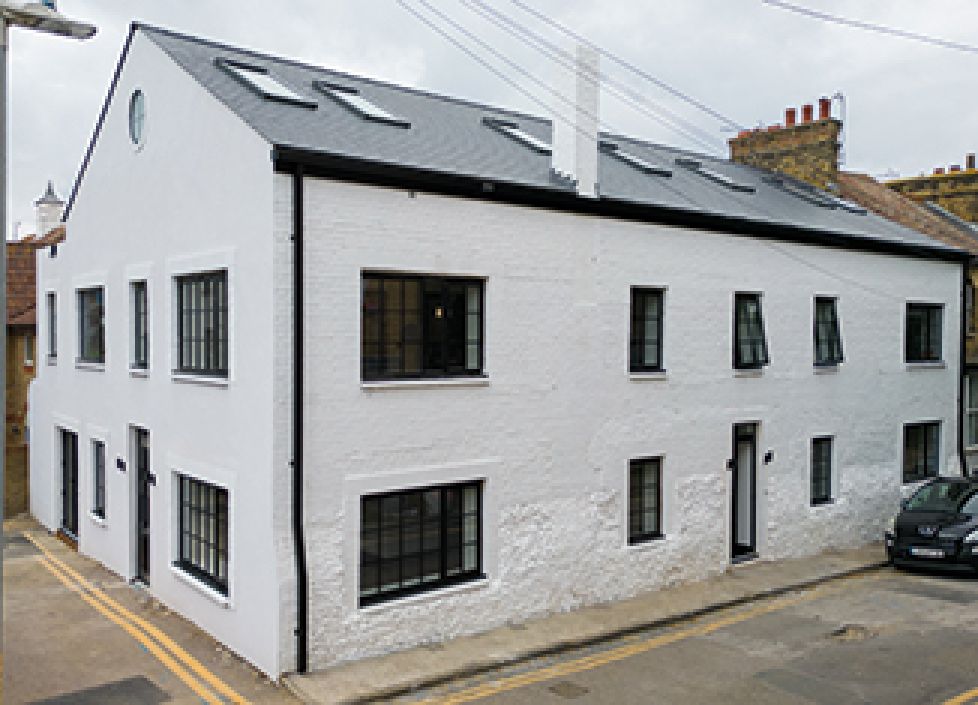The tide is turning against Airbnb and other short-term lets platforms after both Scotland and the Bristol announced measures to regulate its use.
Councils in Scotland are to be given powers to introduce HMO-style licencing schemes for short-term lets in Airbnb hotspots after months of sustained campaigning by housing activists. The debate has been most vocal in Edinburgh, where the transition of traditional renting stock to short-lets has been most acute.
Research published by the Scottish government last year found a three-fold increase in properties available let for short-term use since 2016, rising to 32,000 in May 2019.
David Cox, chief executive at ARLA Propertymark, welcomed the announcement, saying: “In some urban areas, the supply of local housing is under intense pressure and as the private rental sector becomes increasingly regulated, landlords are moving further towards the less regulated short-term letting space. This can also result in lower quality accommodation for tenants and overall creates a vastly uneven playing field.”
Bristol city councillors also announced cross-party support for plans to control Airbnb listings in order to ensure a better-regulated market and introduce a more level playing field, although how this will be achieved is yet to be agreed. “There are 2,000 registered properties for Airbnb (in Bristol) and this is rising year-on-year,” said Bristol councillor Nicola Beech.
<!--[if gte mso 9]><xml>
span style="color: black; mso-color-alt: windowtext;">Councils in Scotland are to be given powers to introduce HMO-style licencing schemes for short-term lets in Airbnb hotspots after months of sustained campaigning by housing activists. The debate has been most vocal in Edinburgh, where the transition of traditional renting stock to short-lets has been most acute.
span style="color: black; mso-color-alt: windowtext;">Research published by the Scottish government last year found a three-fold increase in properties available let for short-term use since 2016, rising to 32,000 in May 2019.
span style="color: black; mso-color-alt: windowtext;">David Cox, chief executive at ARLA Propertymark, welcomed the announcement, saying: “In some urban areas, the supply of local housing is under intense pressure and as the private rental sector becomes increasingly regulated, landlords are moving further towards the less regulated short-term letting space. This can also result in lower quality accommodation for tenants and overall creates a vastly uneven playing field.”
span style="color: black; mso-color-alt: windowtext;">Bristol city councillors also announced cross-party support for plans to control Airbnb listings in order to ensure a better-regulated market and introduce a more level playing field, although how this will be achieved is yet to be agreed. “There are 2,000 registered properties for Airbnb (in Bristol) and this is rising year-on-year,” said Bristol councillor Nicola Beech.



















